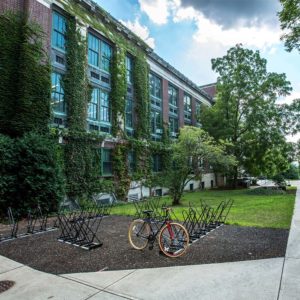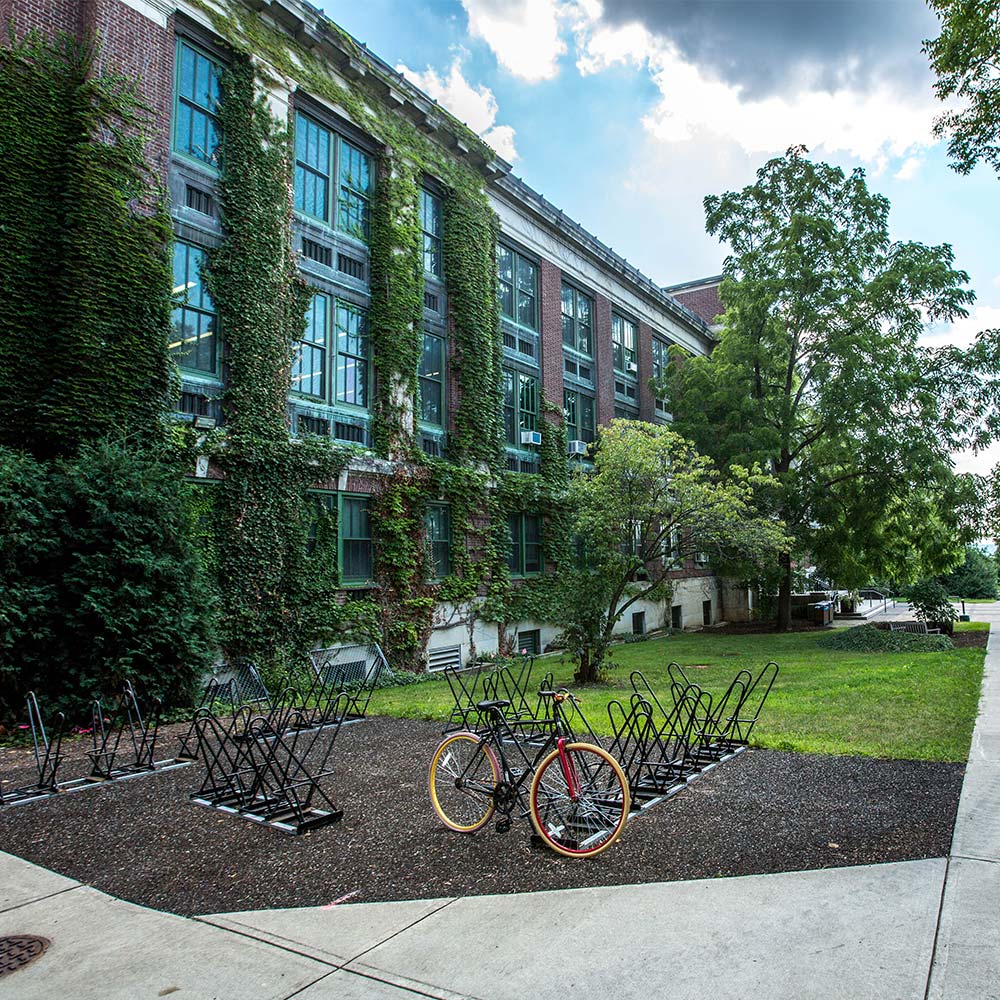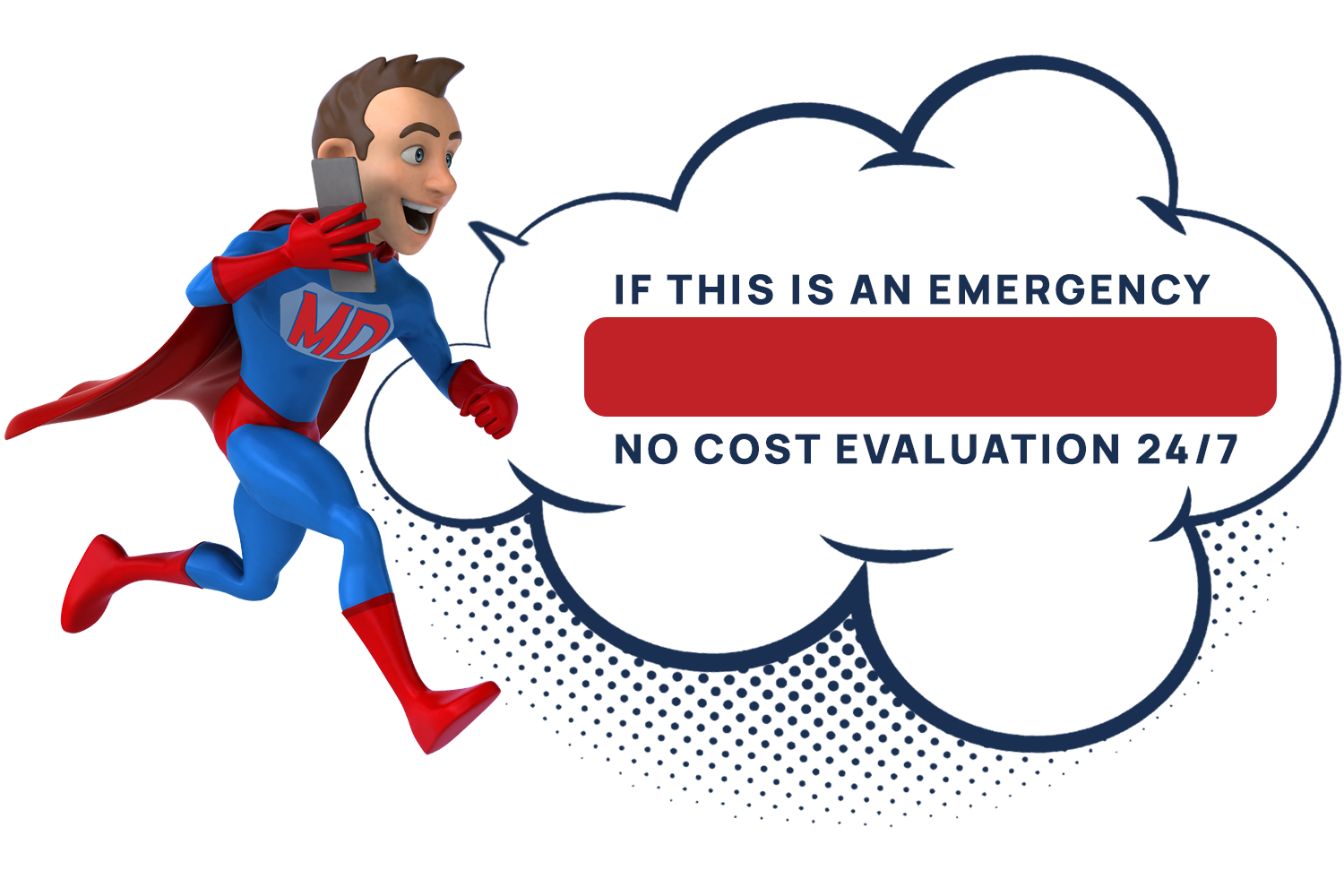Children are very vulnerable when it comes to exposure to mold-related illnesses. And while parents can be hyper-vigilant in their homes, mold infestation in schools is something that it beyond their control.
So what can parents do when they suspect that their child has been exposed to molds in his school building? Signs of Mold in a Commercial Building

The United States Environmental Protection Agency – Indoor Environments Division has come up with an information sheet on mold infestation in schools. This sheet also serves as a guide on mold infestation and what can be done if infestation takes place. Mold Inspection Services
“When mold grows in school buildings and portable classrooms, some staff and students, particularly those with allergies or respiratory problems, may report adverse health effects. Mold requires oxygen, water, and a source of food to grow. There are molds that can grow on almost anything including: wood, paper, carpet, foods, and insulation. Controlling moisture is the key to managing mold in schools.”
Download the guide here.
COMMUNITY EFFORT IN MOLD REPORTING
The New Jersey Work Environment Council for its part came up with a Fact Sheet on reporting mold problems and keeping schools mold-free. Super Dry San Diego Flood Restoration Site
“Sometimes molds grow excessively inside schools because of leaks, floods, high humidity and condensation. When mold is present in a building, teaching, learning and even health are likely to suffer. Although many people will have no reaction at all when exposed to mold, others, including those with respiratory problems such as allergies or asthma, weakened immune systems and children, may feel the effects of mold. Staff and students may complain of: nasal or sinus congestion, sneezing, cough, shortness of breath, headache, and watery, reddened or burning eyes. Most health problems are temporary and can be controlled by limiting exposure to molds.”
Read the rest of the material here.
MOLDS AND SCHOOL BUILDINGS
CNN.com also came up with an article asking if schools are making kids sick due to molds. In the article they shared the story of a student who had been sick because of exposure to molds in his school. Best Jogging Routes Along Santee
“Dr. John Santilli, a Connecticut allergist, says he has treated dozens of students sickened by school air. Even when children don’t miss school, he said, the medications they take for asthma and conditions like rhinitis, an allergic reaction to mold or dust, can make it harder for them to do their best work.”
Check out the whole feature report here.
Parents and school staff should indeed work hand-in-hand to solve mold infestation problems in schools. This will ensure that children will not be exposed to mold-related illnesses regardless of their level of sensitivity to mold exposure.









